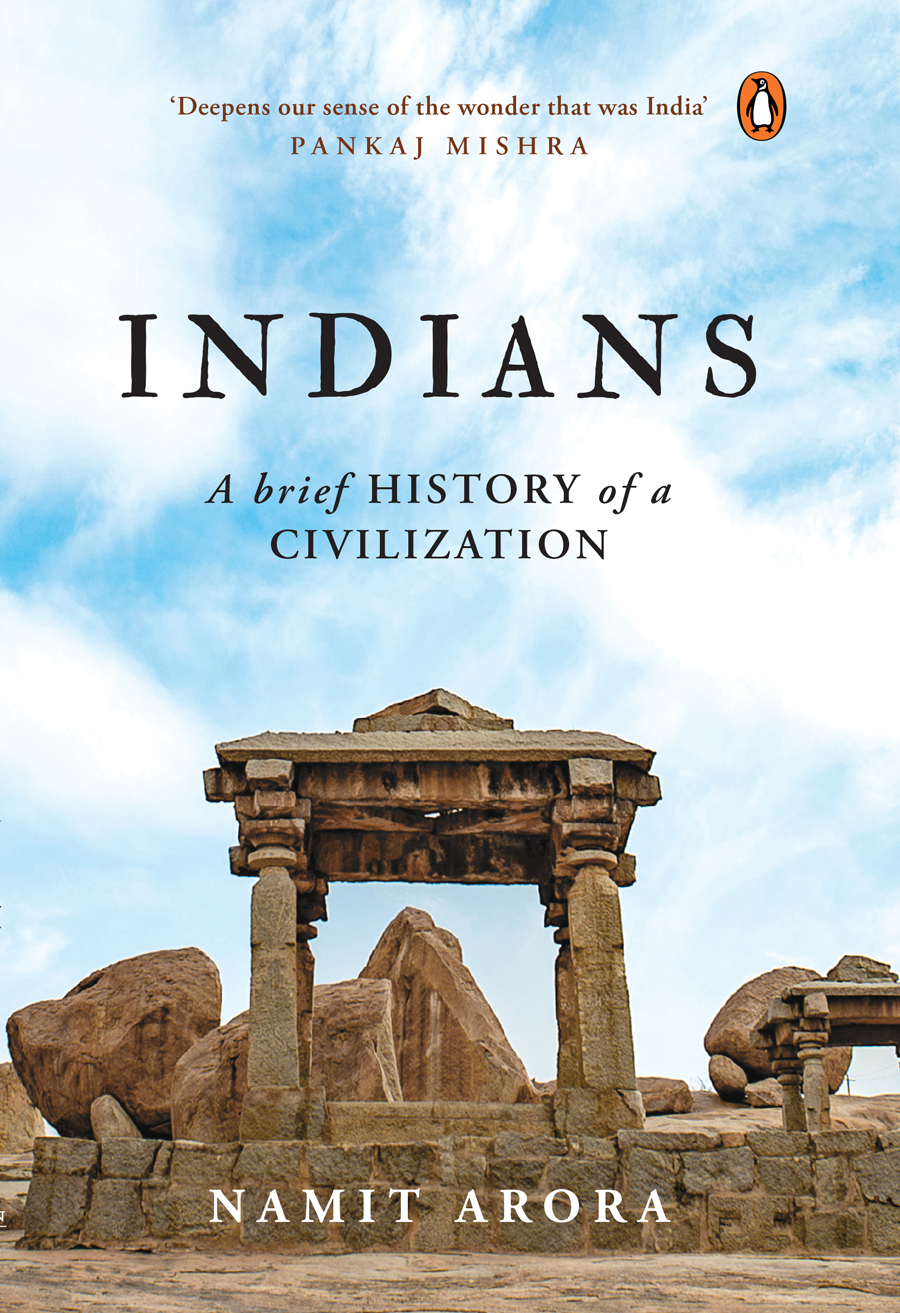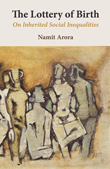|
The post-9/11 decade has some parallels with the Trojan War. (First published on 3QD.)
 Homer’s Iliad is the story of an epic war between the Greeks and the Trojans. The apparent cause of the war was the ‘abduction’ of Helen by Paris—Helen was the wife of Menelaus, king of Sparta; Paris was the son of Priam, king of Troy. Menelaus, his pride wounded, called on other Greek kings bound to him by an oath. Joining forces, they set sail and laid siege to the coastal city of Troy in Asia Minor. Mostly an account of the last days of the war, the Iliad teems with intrigue, character, and incident. Homer’s Iliad is the story of an epic war between the Greeks and the Trojans. The apparent cause of the war was the ‘abduction’ of Helen by Paris—Helen was the wife of Menelaus, king of Sparta; Paris was the son of Priam, king of Troy. Menelaus, his pride wounded, called on other Greek kings bound to him by an oath. Joining forces, they set sail and laid siege to the coastal city of Troy in Asia Minor. Mostly an account of the last days of the war, the Iliad teems with intrigue, character, and incident.
Herodotus, the 5th century BCE historian regarded as the father of history, lived more than three hundred years after the Iliad was written. He is justly famous for preferring rational—rather than mythical and supernatural—explanations for human events; to understand his past he looked to the actions, character, and motivations of men. Among the more charming passages of Histories is his take on the Trojan War. In his day and age, the Iliad was considered a true account of Greek ancestry and it was obligatory for every Greek schoolboy to read it. Cultivated Greek gents were expected to recite colorful stretches from it.
From the start, Herodotus had trouble with the Iliad. He found it odd that the Trojans, ‘when the Greeks ran off with their women, never troubled themselves about the matter; but the Greeks, for the sake of a single [Spartan] girl, collected a vast armament, invaded Asia, and destroyed the kingdom of Priam’. He doubted that Helen could have been taken from Sparta against her wishes, and even if she was, wasn’t that deed the work of a rogue, unworthy of such a large mobilization by the Greeks? What also didn’t sit well with his sense of human nature was the response of the otherwise reasonable Trojans to the Greek invasion, for ‘surely neither Priam nor his family could have been so infatuated as to endanger their own persons, their children and their city, merely that Paris might possess Helen.’
Herodotus did ultimately accept some parts of Homer’s account, including the Greek motivation for the invasion, absurd as it seemed to him. For the rest he offered the ‘true’ story based on his own research, adding, ‘It seems to me that Homer was acquainted with [the true] story, and discarded it, because he thought it less adapted for epic poetry’. What really happened, suggests Herodotus, was even worse than the story the Iliad recounts. After Paris took Helen from Sparta, a gale swept them to the Egyptian coast where the Nile meets the sea. There, the slaves on Paris’s ship, seizing a chance to escape their lot, revolted and informed the ‘warden of that mouth of the river’ about Paris’s deed. The matter reached the local king who promptly had Paris arrested. The king spared Paris’s life but detained Helen and the treasures that acompanied them until Menelaus ‘comes in person and takes them back with him’. Before sending Paris off, the king fumed at him, calling him the ‘basest of men’ for having ‘seduced the wife’ of his own host, exciting her mind, and stealing her away from her husband.
Paris went home empty-handed, wrote Herodotus. There was no Helen in Troy during the ten-year siege, but the Greeks refused to believe the Trojans who kept saying so. After foolishly razing Troy—and fighting for a decade in the wrong place while suffering heavy losses—the Greeks finally realized the truth and Menelaus recovered Helen from Egypt. As evidence for this much darker account of the Trojan War, Herodotus cites some other stories and a few Egyptian authorities, backing it up with a fine analysis of human nature: investigative journalism c. 450 BCE. Herodotus was a pious man nevertheless, and held that it was Divine Providence that shipwrecked the Greek armies returning from Troy, so ‘it might be made evident to all men that when great wrongs are done, the gods will surely visit them with great punishments.’
§
It seems to me that the post-9/11 decade has some parallels with the Trojan War. Consider the following account: a few rogues descend on the U.S. and kill 3,000 civilians. Horrid as it is, it is a crime no worse than many that Americans have previously committed against others, except this one is seen by all on TV. To avenge it, the U.S. goes overboard; it mobilizes a formidable military force, ropes in a few allies, and launches multi-year wars against two countries half-way around the world. One is to find the chief rogue Osama, the other to find WMDs.
Both wars together kill hundreds of thousands more civilians, wounding and displacing millions, costing the U.S. taxpayer over three trillion dollars—not to mention all the opportunity costs—hurling it deeper into debt and recession and worsening its already strained social services, perhaps beyond repair. And after all that, Osama is found living for years in a different country and there are no WMDs. Like the ‘true’ account of the Trojan War by Herodotus, this one is much too hard to bear. Will the bards please rise and give us a more palatable version?
More writing by Namit Arora?
|








